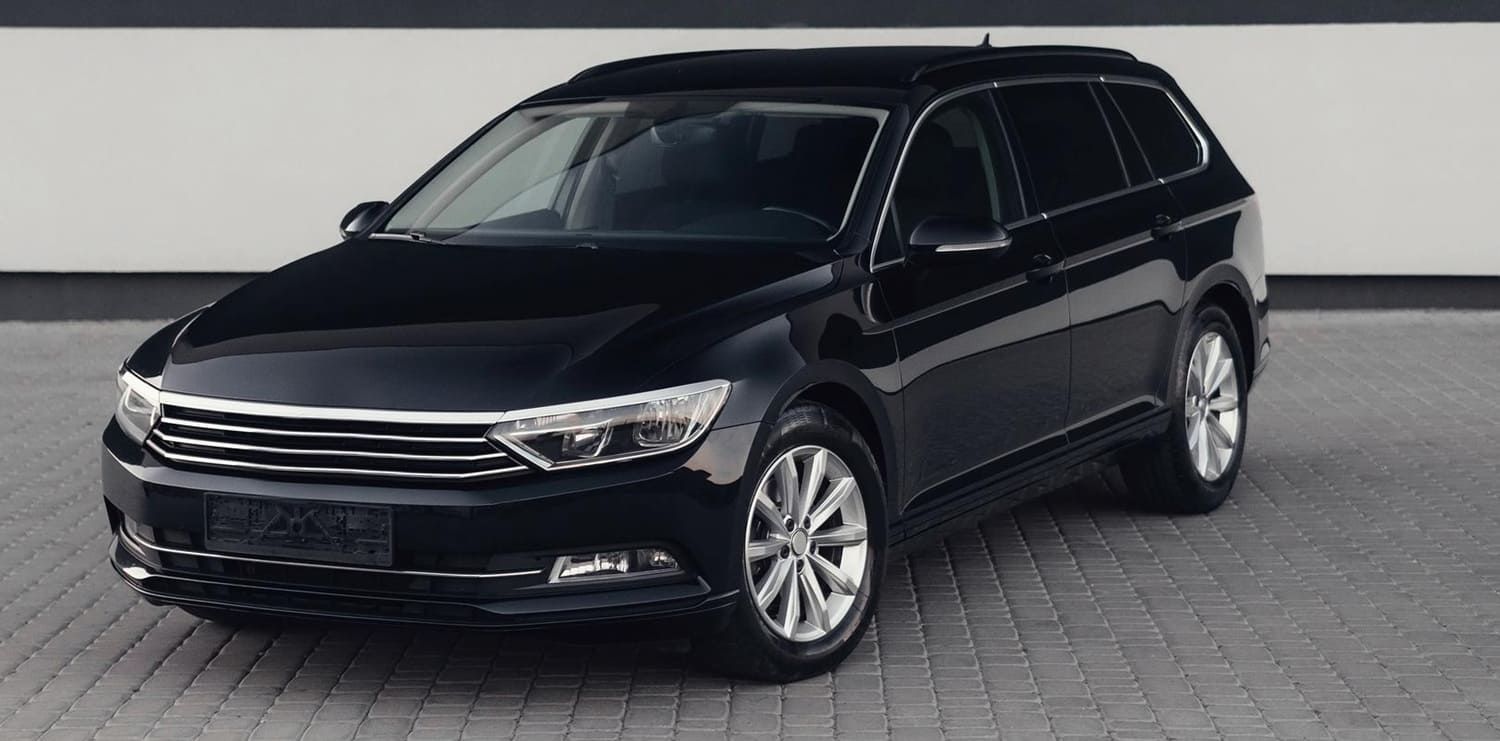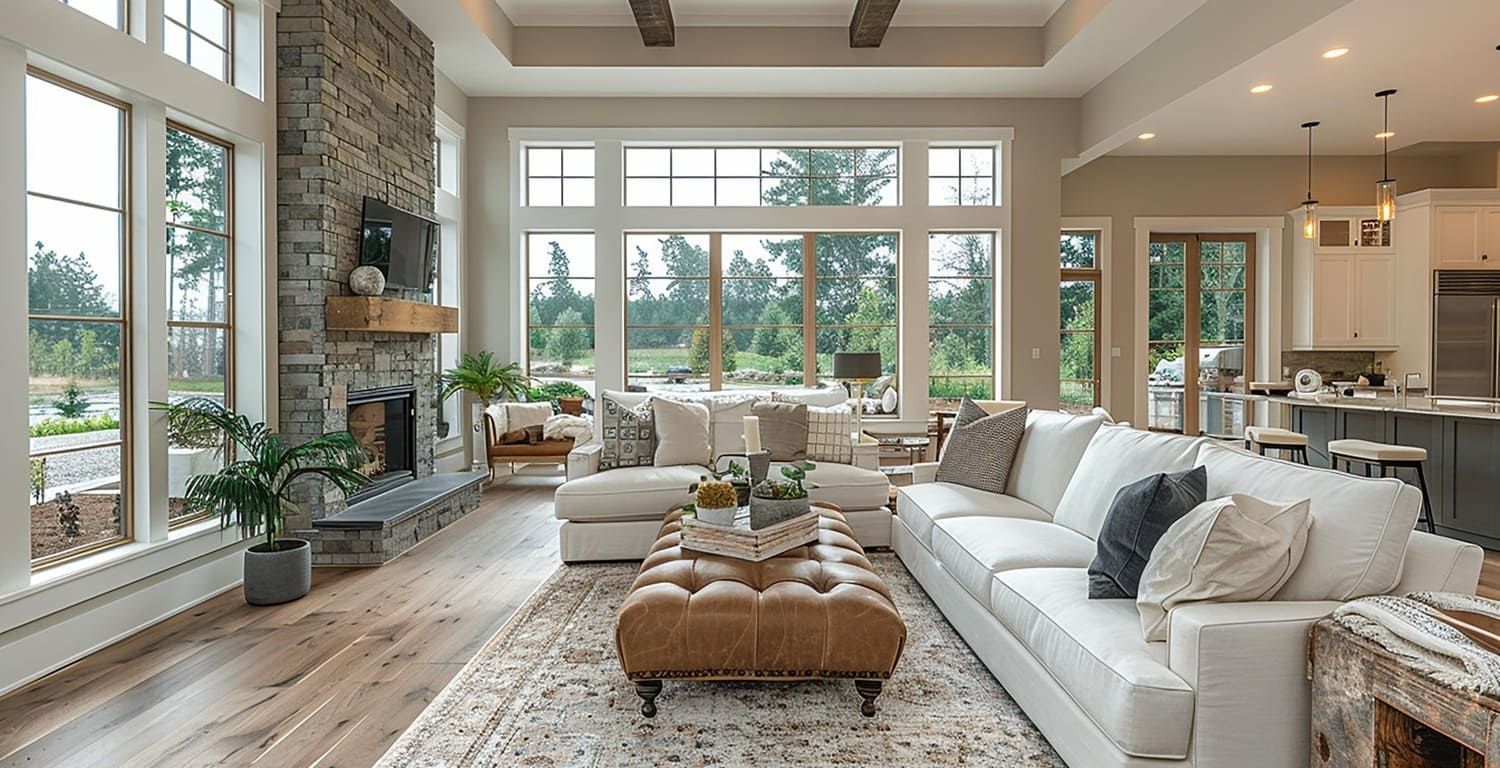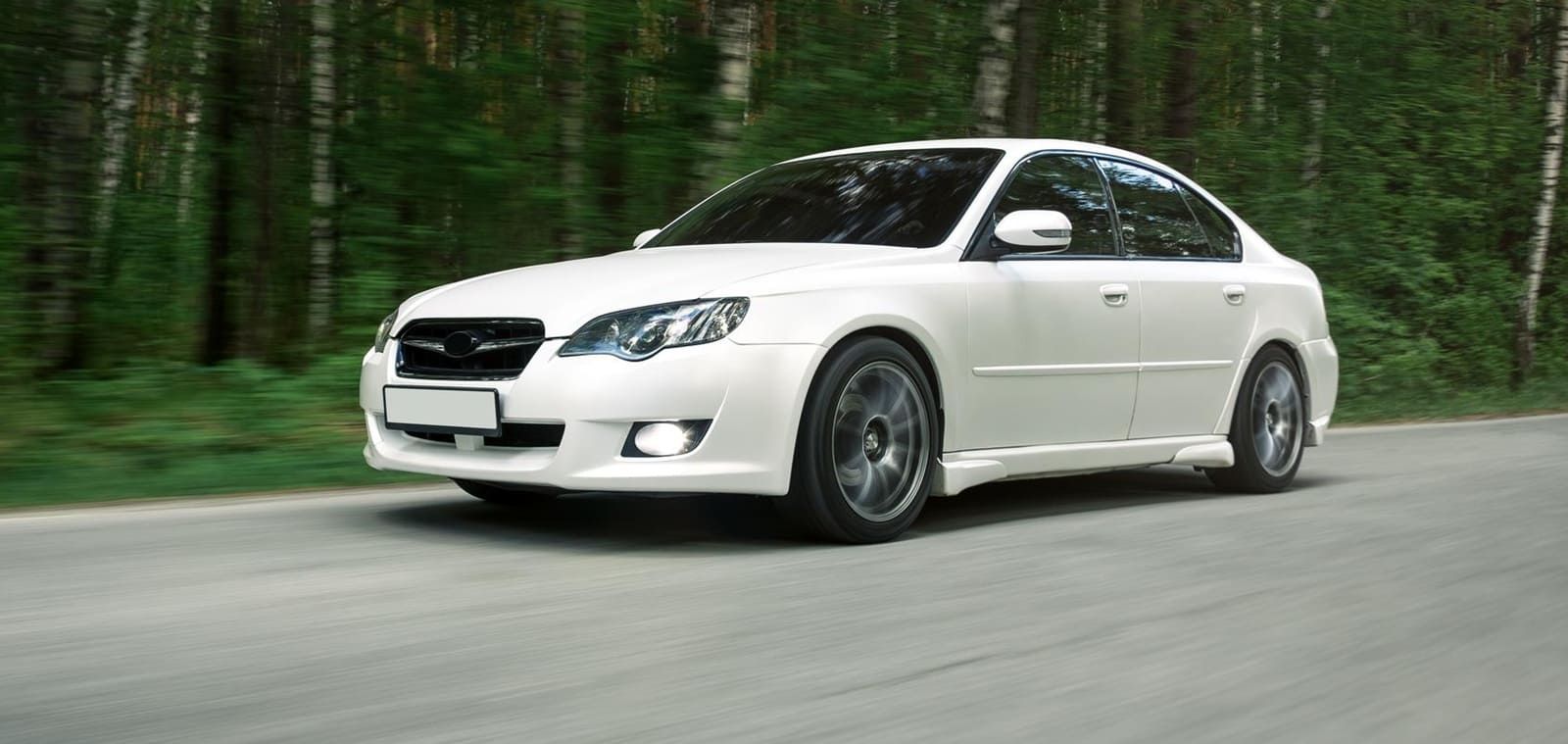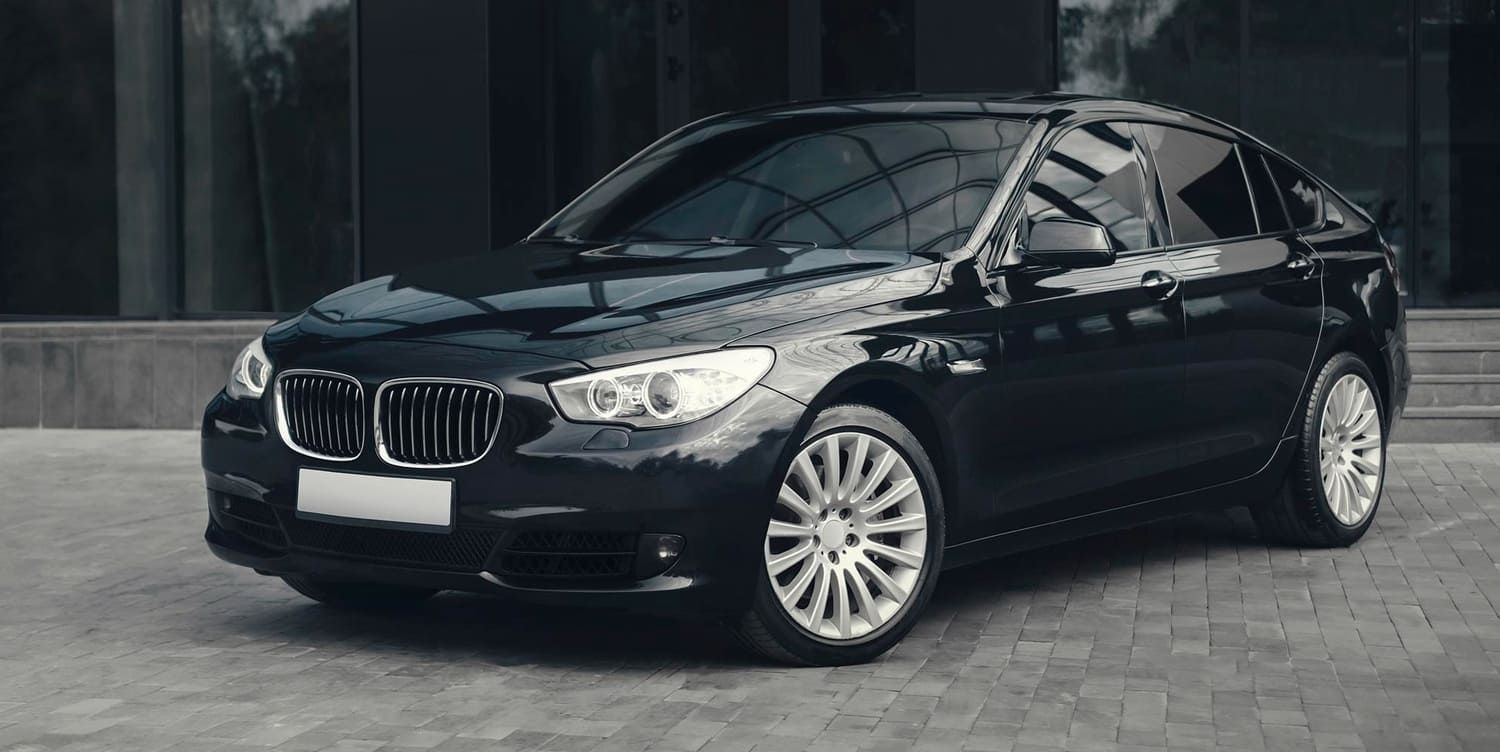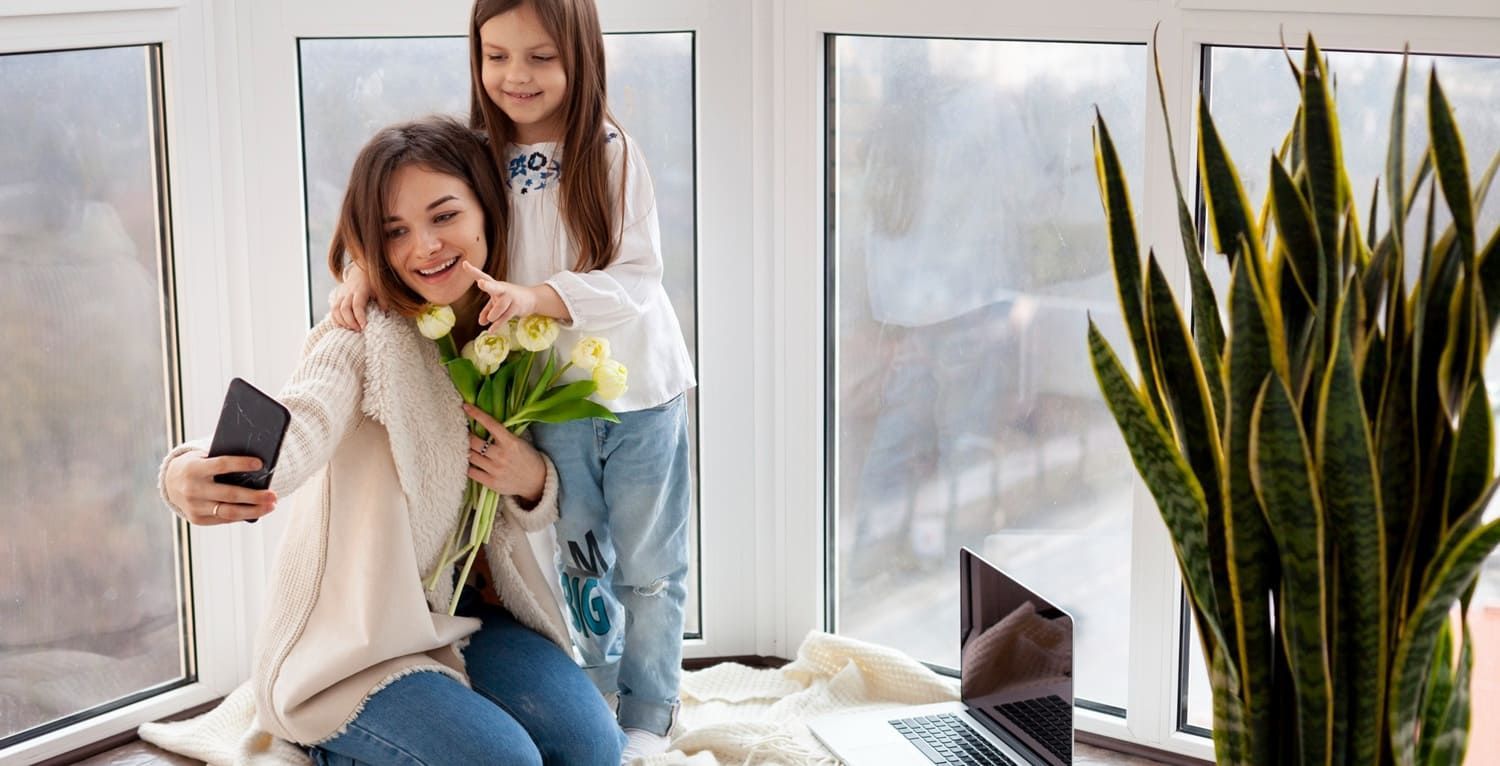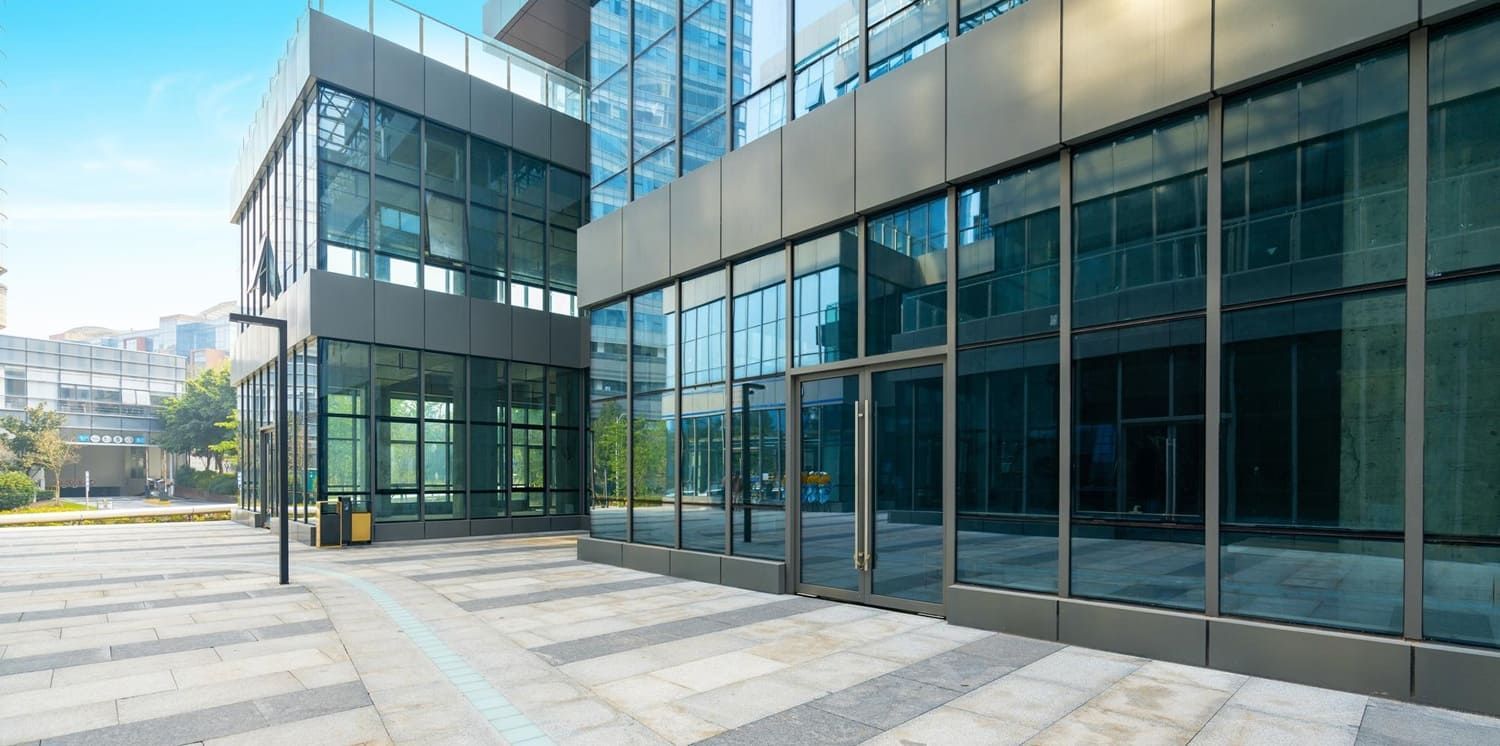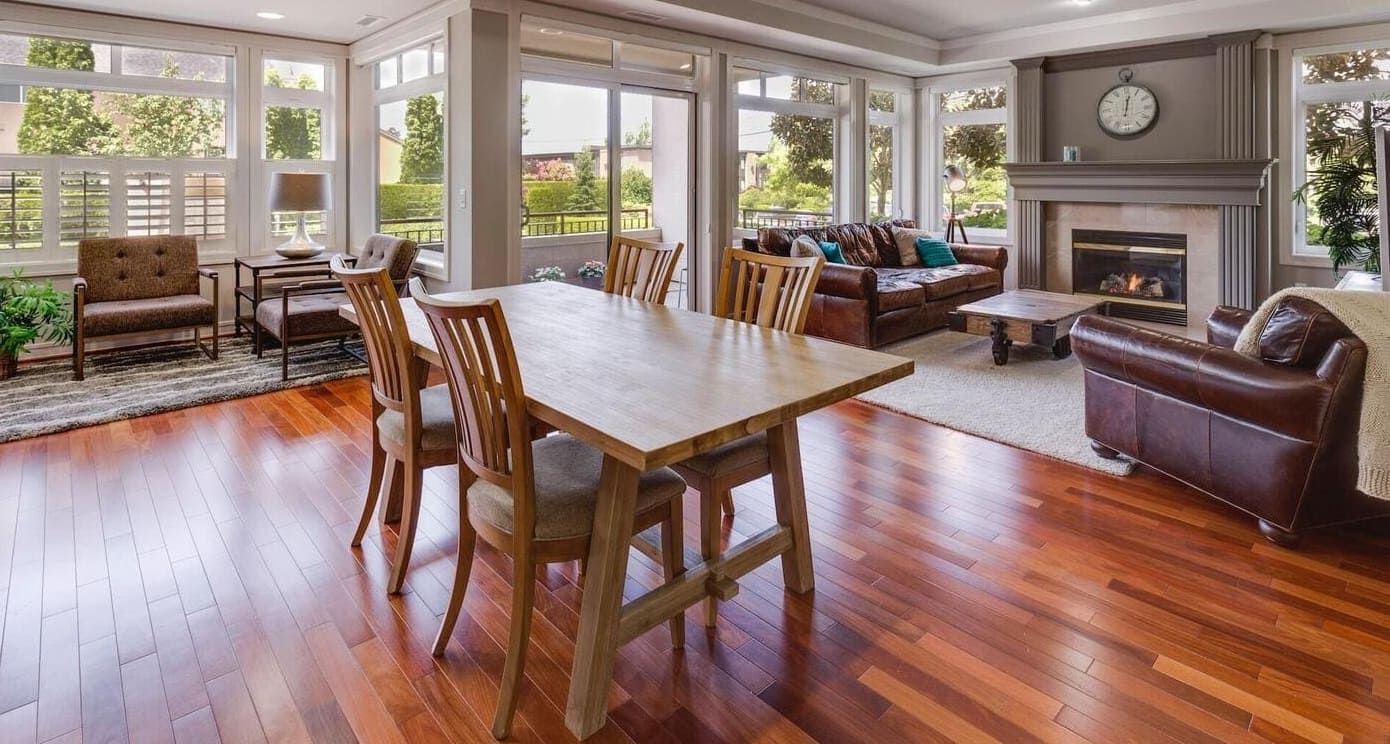How to Select the Perfect Window Tint Shade and Material for Your Vehicle
Before you choose a tint, it's important to understand the different types available. Each comes with its own set of benefits and limitations. By familiarizing yourself with these differences, you can make a more informed decision that aligns with your specific needs and preferences.
Dyed Window Tint
Dyed window tint is the most cost-effective option. It uses multiple layers of dye to absorb sunlight. The main advantage is its ability to block sunlight while providing a darker look. However, it might not offer as much UV protection compared to other types and can fade over time. Despite its limitations, dyed tint is popular among car owners who prioritize budget over longevity. It also tends to reduce glare effectively, making driving more comfortable during bright conditions.
Metallic Window Tint
Metallic tints contain metal particles that reflect sunlight, providing excellent UV protection and heat reduction. They are more durable than dyed tints but can interfere with electronic signals, such as GPS or cell phone reception. This interference is something to consider seriously if you rely heavily on electronic devices while driving. Metallic tints also give your car a shiny, reflective appearance, which can enhance the overall look of your vehicle.
Hybrid Window Tint
Hybrid tints combine dyed and metallic layers, offering the best of both worlds. They provide good UV protection and heat reduction without significant interference with electronic devices. This combination makes hybrid tints a versatile choice for many car owners. Additionally, the balance between performance and cost makes it a practical option for those looking for a middle ground between affordability and functionality.
Ceramic Window Tint
Ceramic tint is a premium option that uses ceramic particles. It offers superior heat reduction, UV protection, and glare control without any interference with electronic signals. It is more expensive but provides the best overall performance. Beyond performance, ceramic tints are highly durable and resistant to fading, making them a long-term investment. They also offer a clear view, which can be crucial for safe driving.
Carbon Window Tint
Carbon tints contain carbon particles that block infrared light and provide excellent UV protection and cooling benefits. They offer a matte finish and do not fade over time, making them a durable choice. The matte finish also gives your car a sleek and modern look, appealing to those who prefer a less reflective appearance. Furthermore, carbon tints are environmentally friendly, as they do not contain metal, which can be a consideration for eco-conscious consumers.
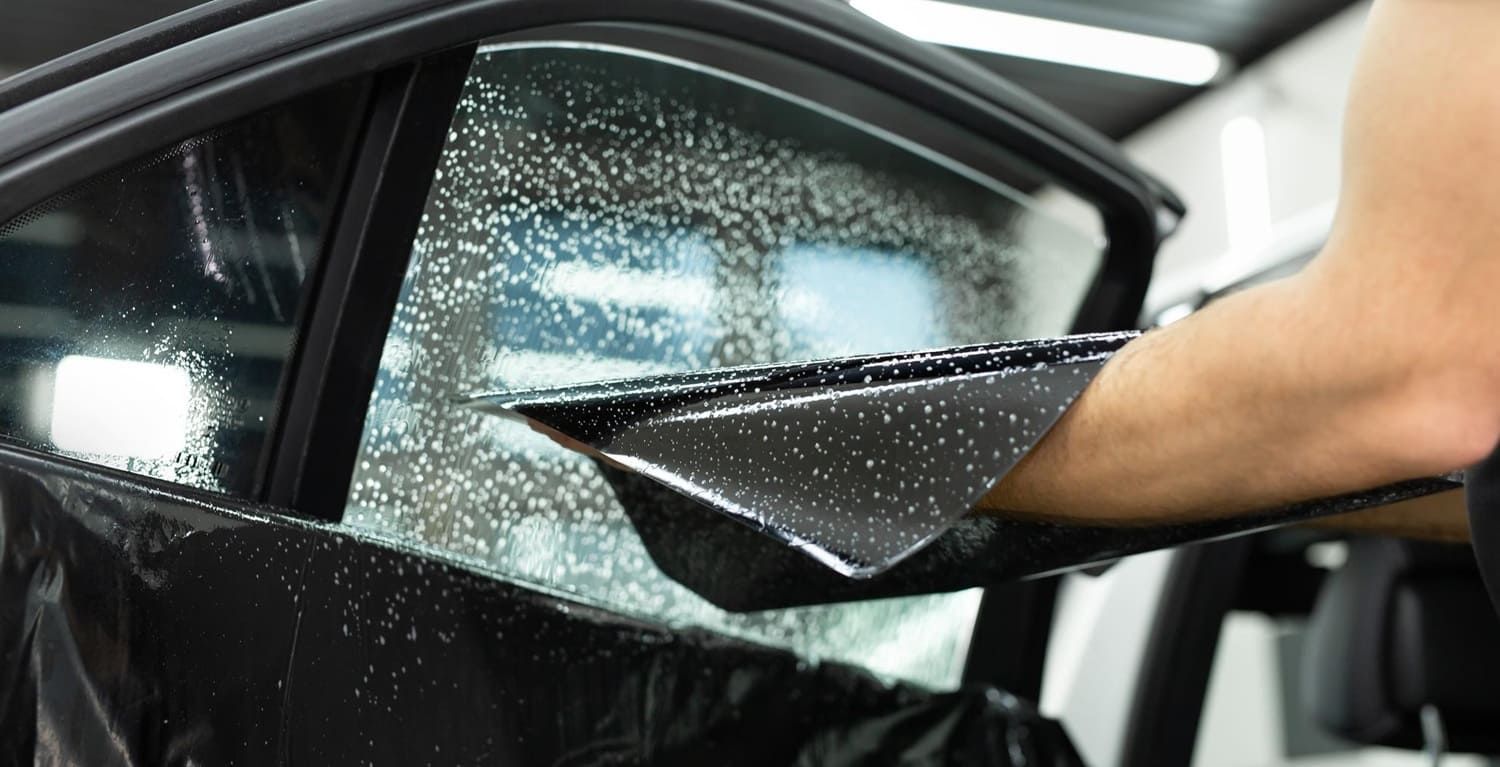
Selecting the Right Window Tint Shade
Once you've chosen a type, the next step is selecting the shade. The shade of your window tint affects both the appearance and functionality of your vehicle's windows. Understanding the implications of different shades can help ensure you select an option that meets both your aesthetic desires and practical needs.
Visible Light Transmission (VLT)
VLT is the percentage of visible light that passes through the window. A lower VLT percentage means darker tint. For instance, a 5% VLT tint is very dark, while a 70% VLT tint is much lighter. A darker tint can enhance privacy and minimize glare, but may also reduce visibility, especially in low-light conditions. It's crucial to find a balance that offers comfort without compromising safety.
Legal Considerations
Before choosing a shade, check the window tinting laws in your area. Different states and countries have varying regulations on how dark you can tint your windows. Ensure your choice complies with local laws to avoid fines. Failure to adhere to these regulations can result in penalties, so it's worth doing your homework before making a purchase. Consulting local automotive authorities can provide clarity on what is permissible.
Aesthetic Preferences
Consider the look you want for your car. Darker tints provide a sleek, sophisticated appearance, while lighter tints offer a more understated look. Your preference will play a significant role in your decision. Additionally, consider how the tint complements your car's color and style, as this can enhance or detract from your vehicle's overall visual appeal.
Functional Benefits
Darker shades offer more privacy and better glare reduction, while lighter shades allow more natural light inside the vehicle. Think about what benefits are most important to you. For instance, if you often drive in sunny conditions, a darker tint may offer more comfort. Conversely, if you prefer a bright interior, a lighter tint may be more suitable.
Choosing the Right Material
The material of your window tint affects its durability, performance, and cost. Each material type offers different benefits, and understanding these can help you make an informed decision that aligns with your expectations and budget.
Durability
High-quality materials like ceramic and carbon tints are more durable and resistant to fading compared to dyed tints. Consider how long you plan to keep your vehicle and how much you're willing to invest in window tinting. If you're looking for a long-term solution, investing in a durable material can be more cost-effective over time. Additionally, durable tints often require less maintenance, saving you time and effort.
Performance
If heat reduction and UV protection are priorities, ceramic and metallic tints are excellent choices. For a balance between performance and cost, hybrid tints are a great option. Consider the climate in which you live and how much sun exposure your vehicle typically gets. This can help determine which material will best meet your needs.
Cost
Budget is a major factor in selecting window tint material. Dyed tints are the most affordable, while ceramic tints are the most expensive. Determine your budget and find a material that offers the best value for your needs. Remember that while initial costs may be higher for premium materials, their longevity and performance benefits can offer greater value over time.
Professional Installation vs. DIY
After selecting the type, shade, and material, you need to decide whether to hire a professional or do it yourself. Both options have their pros and cons, and your choice may depend on your budget, skill level, and the complexity of the installation.
Professional Installation
Professional installation ensures high-quality results. Experienced installers have the skills and tools necessary to apply the tint smoothly and without bubbles. Most professionals offer warranties on their work, providing peace of mind. Moreover, a professional can ensure that the tint complies with local laws and is applied in a way that maximizes its performance and longevity.
DIY Installation
DIY installation can save money but requires patience and precision. If you choose this route, ensure you follow instructions carefully and have the right tools. Keep in mind that mistakes can lead to costly repairs. DIY can be rewarding and provide a sense of accomplishment, but it's important to weigh the risk of errors and potential additional costs if corrections are needed.
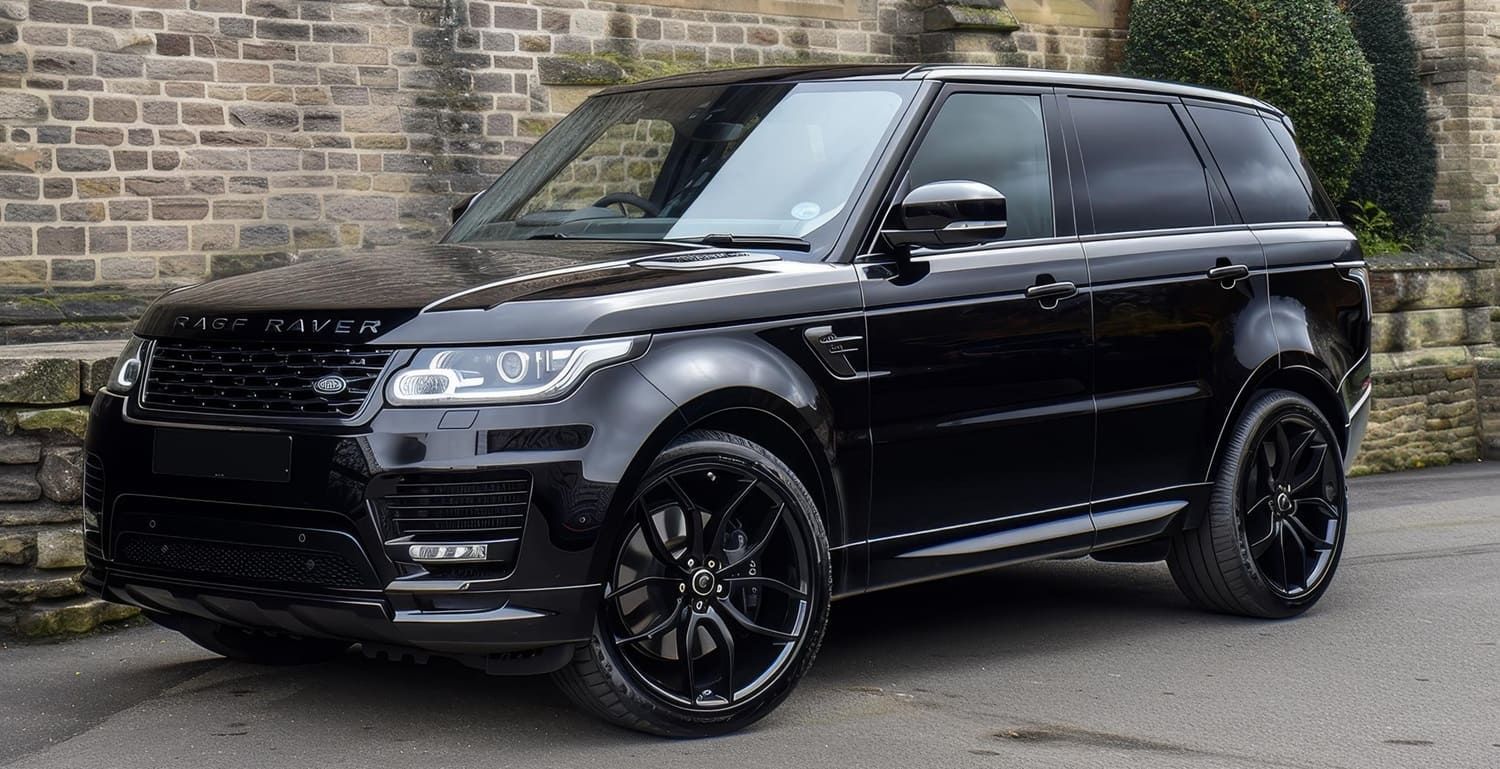
LLumar Car Window Tinting
LLumar is a popular brand known for high-quality window tints. They offer a wide range of products, including ceramic and metallic options, providing excellent UV protection and heat reduction. Consider LLumar for reliable performance and durability. Their reputation for quality and innovation makes them a trusted choice among consumers and professionals alike. Moreover, LLumar's extensive range of products means there's likely a solution that fits your specific needs and budget.
Final Tips for Selecting Window Tint
- Research and Compare: Explore different brands and products. Read reviews and compare features to make an informed decision. Understanding what others have experienced can provide valuable insights and help avoid potential pitfalls.
- Consult a Professional: If you're unsure, consult a professional installer for advice. They can provide insights based on your vehicle and preferences. Professionals can also offer recommendations based on your specific circumstances, ensuring you make a choice that meets your needs.
- Consider Long-Term Benefits: Investing in quality tint can offer long-term benefits in comfort, protection, and vehicle value. While the initial investment may be higher, the increased durability and performance can save money and enhance driving satisfaction over time.
Conclusion
Selecting the perfect window tint shade and material involves understanding your options and aligning them with your needs and preferences. AtSolar X of the Palms, your premier window tinting installers servingWest Palm Beach, FL, we help you evaluate tint types, shades, materials, and professional installation methods to ensure you get the best results for your vehicle.
A well-chosen window tint not only enhances the look of your car but also improves interior comfort, boosts UV protection, and increases driving safety—making every ride more enjoyable.
Contact Solar X of the Palms today for your free estimate and let our experts guide you toward the perfect tinting solution for your vehicle.
With the right combination of style and performance, window tinting becomes a smart upgrade that adds value, comfort, and peace of mind.



